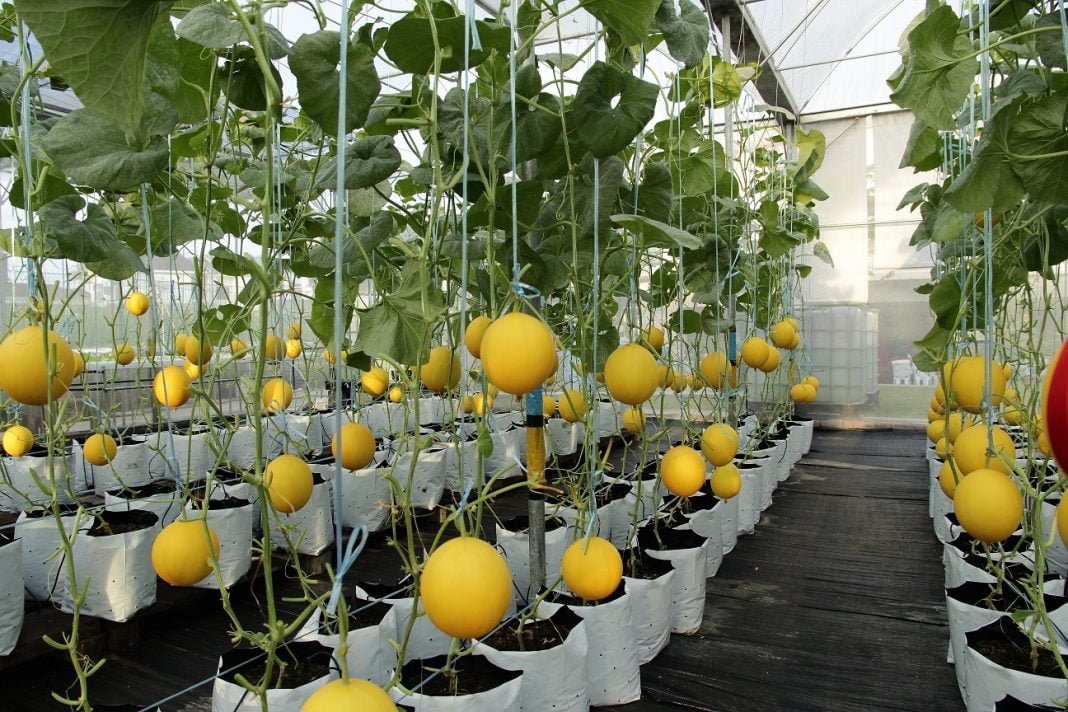For the next 10 years (2021 to 2030), Sarawak aims to further strengthen and transform its agriculture towards modernisation, commercialisation and sustainability.
Department of Agriculture (DOA) Sarawak stated this in an email interview with RAKAN Sarawak, reiterating the Sarawak Government’s aspirations for the State’s agriculture to be a sustainable and technology-based sector in order to ensure food security and generate income for the farming community, as well as to transform Sarawak into a net food exporter by 2030.
Under Sarawak’s agricultural sector of the Post COVID-19 Economic Recovery Strategic Plan by the Ministry of Modernisation of Agriculture, Native Land and Regional Development Sarawak – with the involvement of agricultural agencies such as DOA Sarawak – targeted outcomes and measures that are set to be achieved by 2030 are to increase:
- Rice self-sufficiency level (SSL) from 51 percent to 70 percent;
- Trade balance from a deficit of RM3.9 billion to a surplus of RM2.0 billion;
- Monthly income of farming families from RM2,500 to RM6,000; and
- Contribution of the agricultural sector in Sarawak’s gross domestic product (GDP) from 13.5 percent to 20 percent.
To attain the State’s aspirations in its agriculture, the Government through DOA Sarawak will be implementing two major strategies to accelerate agricultural development, whether under the 12th Malaysia Plan or subsequent plans.
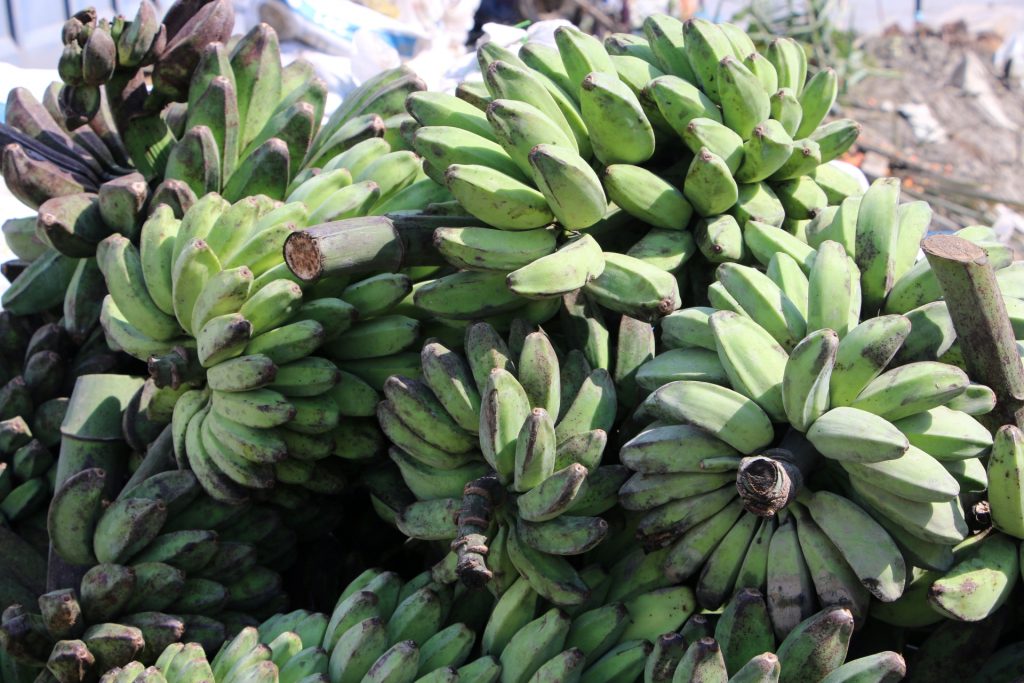
One of which is prioritising the development of high-value crops that are suitable to be grown in Sarawak and can be exported, such as food crops (durian, pineapple, banana, coconut); commodities (oil palm, pepper, rubber, sago); fisheries (red tilapia, siakap, prawn); and food security (rice).
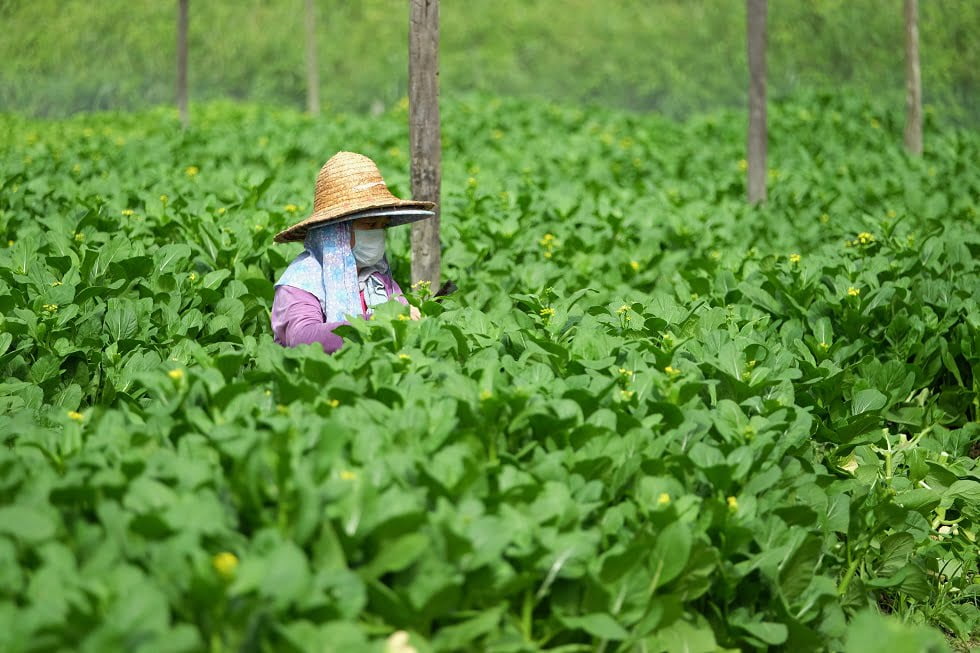
A more extensive strategy is increasing total agricultural production and productivity through initiatives that are vital in addressing the various challenges facing the agricultural sector in Sarawak. These initiatives include:
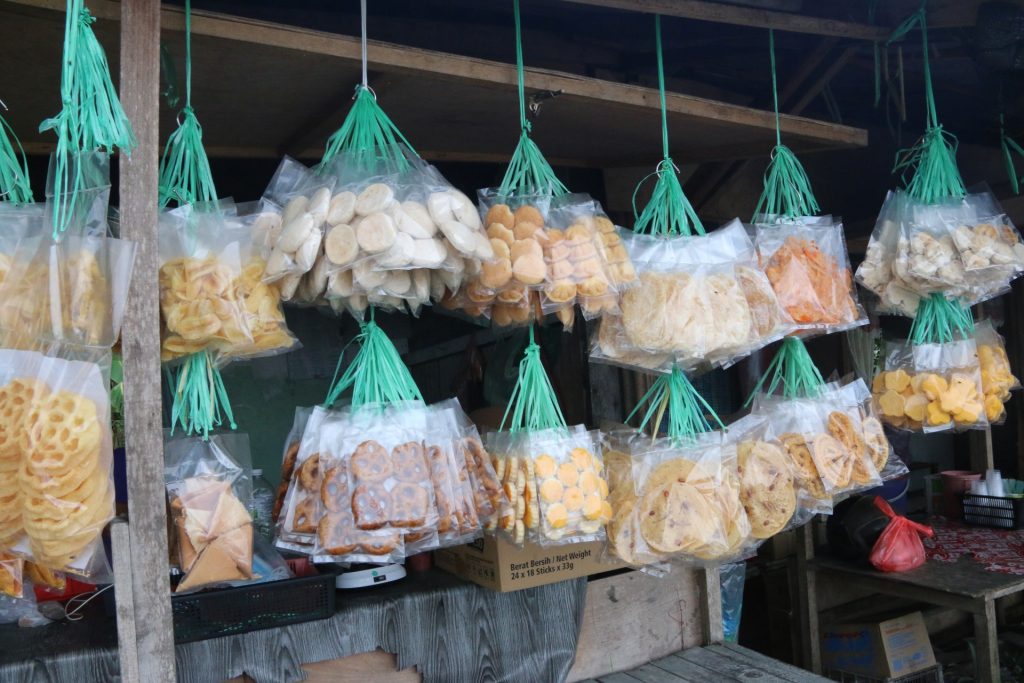
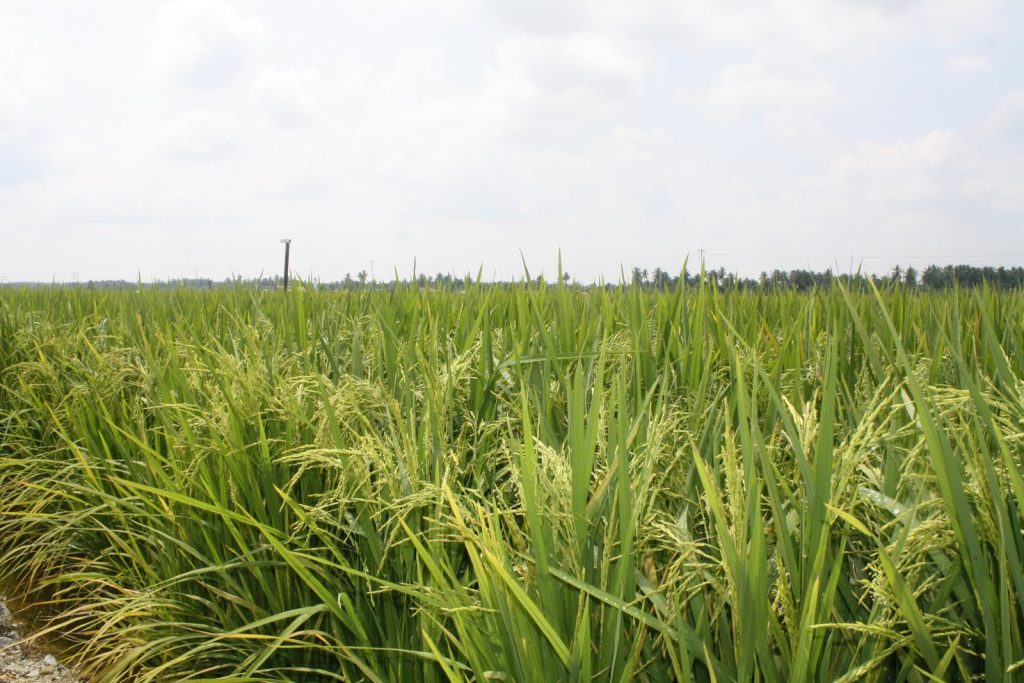
- Utilising high-yield varieties or breeds to replace low-yield ones, which can improve volume and yield of agricultural products that are presently low and inconsistent in quality.
- Intensifying development of Taman Kekal Pengeluaran Makanan (TKPM), agro-parks and aquaculture industrial zones (AIZ) to increase economies of scale for local farmers. According to DOA Sarawak, most small-scale farmers at the moment own less than one hectare of land, leading to low production of agricultural products.
- Accelerating development of agricultural infrastructure in the value chain, including farm roads, collection, processing and packaging centres (CPPC), food terminals and wholesale markets, to improve marketing of agricultural products, particularly in terms of logistics and processing facilities.
- Introducing and promoting the adaptation of modern technology such as mechanisation and automation, as well as modern agriculture like smart farming, fertigation and hydroponic to attract more youths to be involved in agriculture and help boost the sector’s productivity and competitiveness.
- Enhancing human capital development that focuses on skills and technology via agricultural institutes and agricultural training and development to provide support systems and services not only for youths to be able to pursue agricultural-related careers, but also for the increasingly ageing farming community who can forgo conventional farming methods once they have the latest technical skills and knowledge and the capacity to upgrade their farms or orchards.
- Initiatives that aim to boost private sector participation, including attracting investors and driving innovation in research and development (R&D) and high technology. In DOA Sarawak’s opinion, the private sector’s involvement is essential to achieve commercialisation and drive modern agriculture, especially companies that “possess the technology, capital, expertise and most importantly market access.”
- Intensifying the development of downstream (value-added) agricultural products in food processing, including packaging and distribution to tackle the low level of downstream activities in the sector; as DOA Sarawak described it, downstream agricultural products are currently low in commercial value and are only marketed to local consumers.
- Improving quality assurance certification programmes such as Malaysian Good Agricultural Practice (myGAP) certification, Hazard Analysis and Critical
Control Point (HAACP) certification, and Makanan Selamat Tanggungjawab Industri (MeSTI) certification to ensure that local players can meet global product quality standards that will then enable them to expand their target customers and market their agricultural products overseas.


